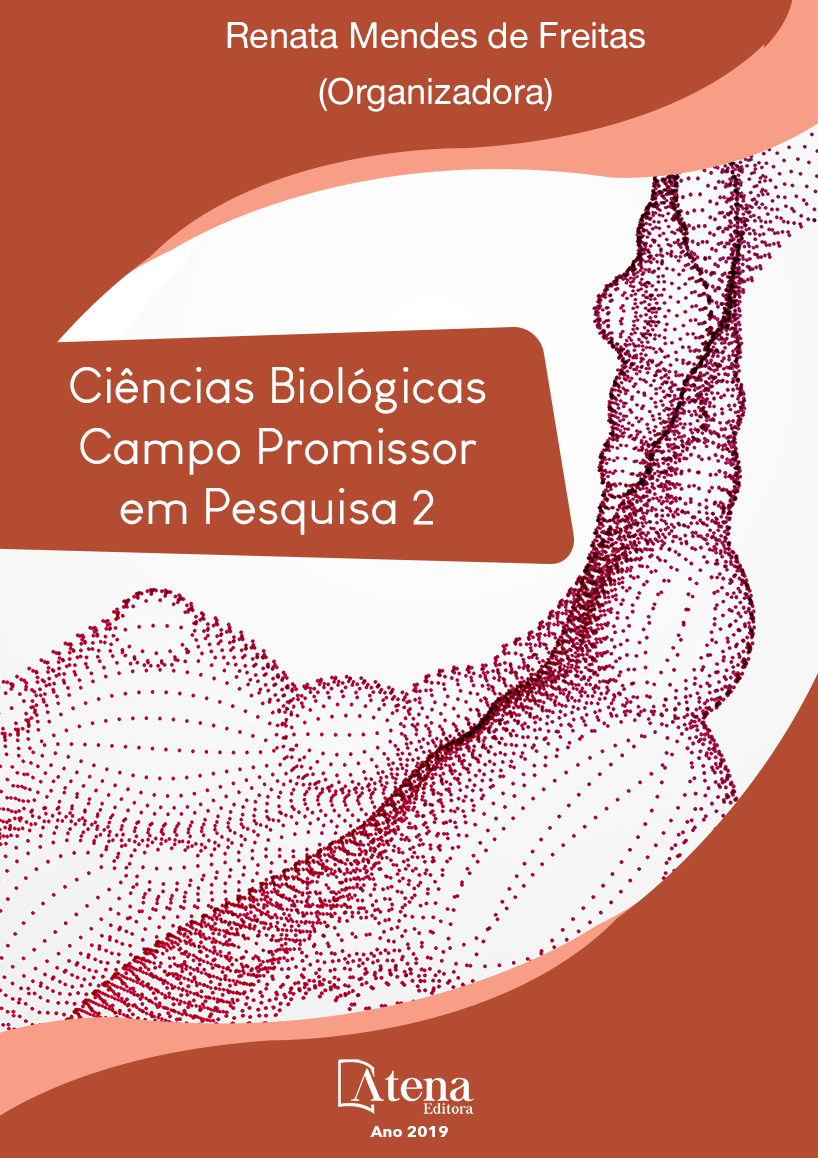
FLUTUAÇÃO POPULACIONAL DE MOSCAS-DAS-FRUTAS DO GÊNERO Anastrepha (DIPTERA: TEPHRITIDAE) NO MUNICÍPIO DE CASTANHAL, PARÁ
As moscas-das-frutas do gênero
Anastrepha são importantes pragas de
frutíferas, em regiões tropicais e subtropicais
das Américas. Contudo, no estado do Pará,
são incipientes estudos sobre a dinâmica
populacional destes tefritídeos. Assim, o
presente trabalho teve como objetivo conhecer
a flutuação populacional de moscas-das-frutas
e avaliar a relação dessa flutuação com alguns
fatores abióticos, no município de Castanhal,
Pará. O trabalho foi realizado em pomares
domésticos de cinco localidades, no período
de janeiro a dezembro de 2014. As coletas
das moscas-das-frutas foram realizadas
semanalmente, utilizando-se armadilhas
McPhail, contendo proteína hidrolisada como
atrativo. A flutuação populacional foi estimada
através do índice MAD (mosca/armadilha/
dia) e os fatores abióticos avaliados foram
precipitação pluvial (mm), umidade relativa do
ar (%) e temperatura média (oC). A flutuação
populacional demonstrou que ocorrem moscasdas-
frutas durante todo o ano na região
estudada, mas os maiores picos populacionais
são registrados no final e início do ano. Além
disso, não foi observada correlação significativa
direta entre a flutuação populacional das
moscas-das-frutas e os parâmetros climáticos
avaliados, demonstrando que outros fatores do
ambiente também influenciam as populações
das moscas-das-frutas.
FLUTUAÇÃO POPULACIONAL DE MOSCAS-DAS-FRUTAS DO GÊNERO Anastrepha (DIPTERA: TEPHRITIDAE) NO MUNICÍPIO DE CASTANHAL, PARÁ
-
DOI: 10.22533/at.ed.82619131112
-
Palavras-chave: Tefritídeos. Dinâmica populacional. Fatores abióticos. Amazônia
-
Keywords: Tephritids. Population dynamics. Abiotic factors. Amazon.
-
Abstract:
The fruit flies of Anastrepha
genus are important pests of fruit in tropical and
subtropical regions of the Americas. However,
in the state of Pará, are incipient studies on the
population dynamics of these tephritids. Thus,
this study aimed to understand the population
dynamics of flies of the fruit and to assess the
relationship of this fluctuation with some abiotic
factors in the city of Castanhal, Pará. The study
was conducted in orchards in five locations,
from January-December 2014. the collections
of the fruit flies were held weekly, using McPhail traps containing hydrolyzed protein
as attractive. The population fluctuation was estimated by MAD index (fly / trap / day)
and abiotic factors were evaluated rainfall (mm), relative humidity (%) and mean
temperature (oC). The population fluctuation showed occurring flies the fruit throughout
the year in the region studied, but the highest population peaks are recorded at the
end and beginning of the year. In addition, there was no direct correlation between the
fluctuation of the fruit flies and climatic parameters evaluated, demonstrating that other
environmental factors also influence the populations of flies of the fruit.
-
Número de páginas: 12
- Elton Lucio de Araujo
- Elania Clementino Fernandes
- Álvaro Remígio Ayres


